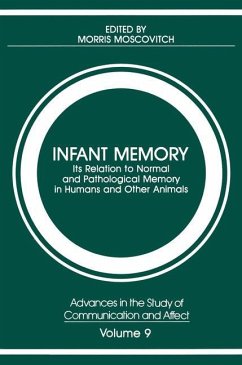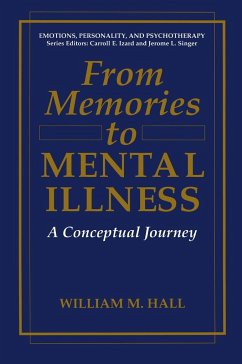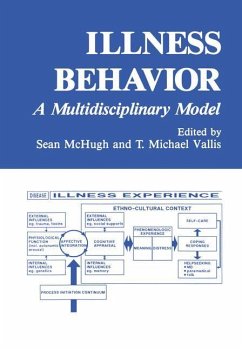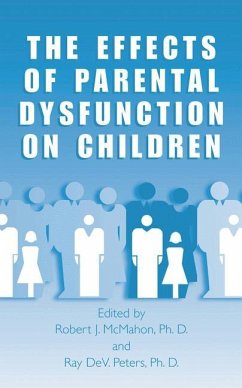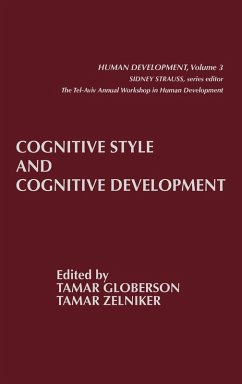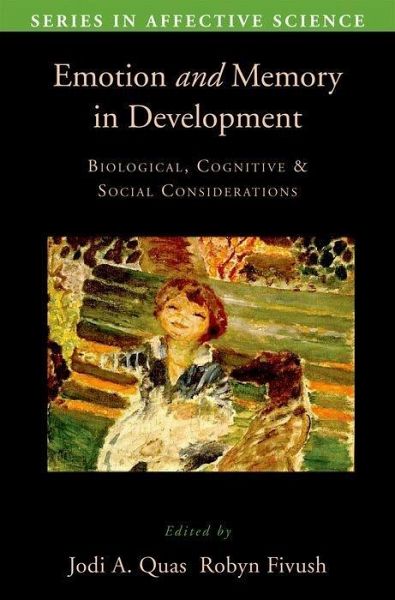
Emotion and Memory in Development
Biological, Cognitive, and Social Considerations
Versandkostenfrei!
Versandfertig in 1-2 Wochen
82,99 €
inkl. MwSt.
Weitere Ausgaben:

PAYBACK Punkte
41 °P sammeln!
The question of how well children recall and can discuss emotional experiences is one with numerous theoretical and applied implications. Theoretically, the role of emotions generally and emtional distress specifically in children's emerging cognitive abilities has implications for understanding how children attend to and process information, how children react to emotional information, and how that information affects their development and functioning over time. Practically speaking, increasing numbers of children have been involved in legal settings as victims or witnesses to violence, highl...
The question of how well children recall and can discuss emotional experiences is one with numerous theoretical and applied implications. Theoretically, the role of emotions generally and emtional distress specifically in children's emerging cognitive abilities has implications for understanding how children attend to and process information, how children react to emotional information, and how that information affects their development and functioning over time. Practically speaking, increasing numbers of children have been involved in legal settings as victims or witnesses to violence, highlighting the need to determine the extent to which children's eyewitness reports of traumatic experiences are accurate and complete. In clinical contexts, the ability to narrate emotional events is emerging as a significant predictor of psychological outcomes. How children learn to describe emotional experiences and the extent to which they can do so coherently thus has important implications for clinical interventions.





